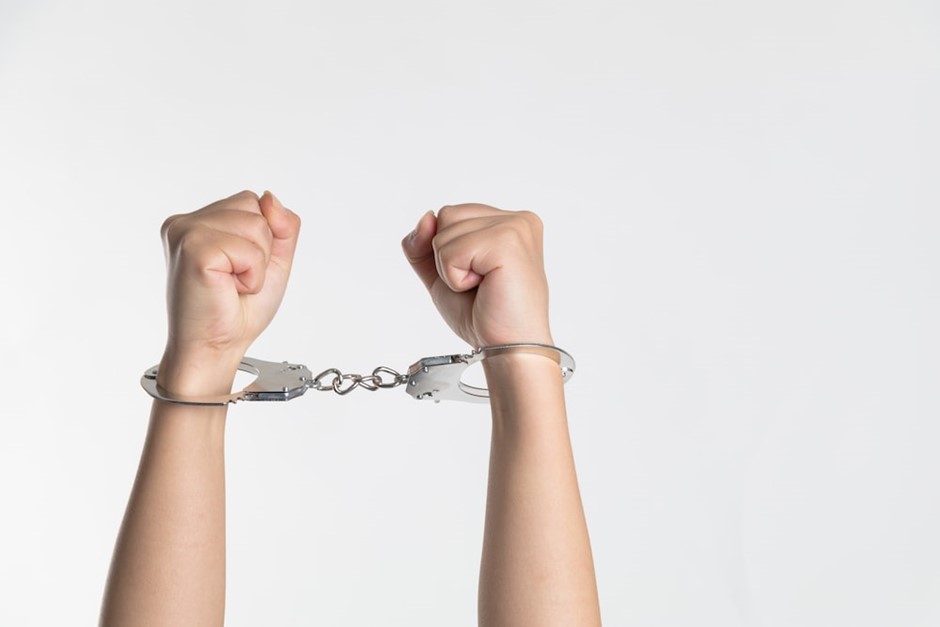
Not all criminal charges brought against people will result in convictions, fines, jail time, and other repercussions. Instead, some people charged with crimes find themselves free to go with no black marks against their names. While criminal charges can be dropped for many reasons, these are the most common ones:
Procedural Problems
With help from a Liberty Law best criminal lawyer in Edmonton, some people facing criminal charges may have them dropped due to law enforcement’s failure to follow criminal procedures.
Law enforcement must follow a specific set of criminal procedures when arresting, booking, interrogating, and setting bail hearings. If there’s even a slight discrepancy or problem with these processes, lawyers can sometimes fight for the rights of their clients to have charges dropped, cases dismissed, or sentences reduced.
Not Enough or New Evidence
Evidence is integral to any successful criminal case for the prosecution. Prosecutors may decide to drop criminal charges if they know they don’t have enough strong evidence to convict someone of a crime. Charges can also sometimes be dropped if new evidence is found that proves that someone may not be or isn’t responsible for a crime.
The timing of hiring a lawyer can matter greatly during this process. When you hire them at the very beginning of a possible criminal case, they may be able to react during the initial police report reviewing process to argue a lack of basis for criminal charges. If it’s determined that the prosecutor doesn’t have enough evidence, they may not proceed with filing charges in the first place.
Violations of the Fourth Amendment
The Fourth Amendment forms part of the Bill of Rights. It prevents law enforcement from being able to make unreasonable searches and seizures. It also forms the basis of how law enforcement can issue warrants. Law enforcement must approach judges or magistrates with probable cause. Essentially, this amendment means that law enforcement can’t perform unlawful searches and seizures. If they obtain any evidence illegally, it can be excluded from the case.
Prosecutors may decide to drop criminal charges if it’s discovered that some evidence wasn’t obtained legally. In this situation, it can be inadmissible in court. If that evidence is crucial to someone being found guilty of a crime, a prosecutor may decide to drop the charges. However, there are exceptions to the rule. If the police have reason to believe that someone has a weapon, they can often be allowed to legally search the person, their house, or their car without a search warrant and not be in violation of the person’s Fourth Amendment rights.
Cooperation
Cooperation from someone suspected of a crime doesn’t mean their charges will be dropped or dismissed. However, it has been known to happen. If a suspect is critical to helping law enforcement with another crime, they may negotiate with that person’s lawyer to reduce a sentence or drop a charge altogether in exchange for their cooperation.
A Busy Caseload
Some people facing criminal charges get lucky when prosecutors and district attorneys have their plates full of serious cases. They only have so many resources, which must be given to priority cases. If someone is facing criminal charges for something minor and doesn’t have a criminal record, prosecutors may decide to drop the charges to reduce their load.
Plea Bargain
Not every person facing criminal charges will have the option to have them dropped. However, with the right lawyer on their side, they may be able to negotiate a plea bargain to have them reduced to something more favorable. Many prosecutors are willing to offer plea deals before trials. This is when someone agrees to plead guilty to a charge potentially less severe than the one that law enforcement initially charged them with. If a defendant’s lawyer believes that law enforcement has a weak case, they may be able to argue for a much more favorable deal.
Uncooperative Complainant
Complainants can often be integral to criminal cases. Prosecutors may stand a better chance of presenting a strong case with the help of someone affected by another person’s crimes. A complainant withdrawing their complaint or being uncooperative in another way doesn’t mean that charges will be dropped; that decision lies with the crown prosecutor. However, it may affect the case.
This can sometimes be the outcome if the complainant’s word is the most vital part of a case. Without it, prosecutors may struggle to present enough valid evidence to find someone guilty of a crime. There are no guarantees that someone facing criminal charges will have them dismissed, dropped, or lessened. However, with an expert legal team and one of these situations above, that can be the outcome for many people.










